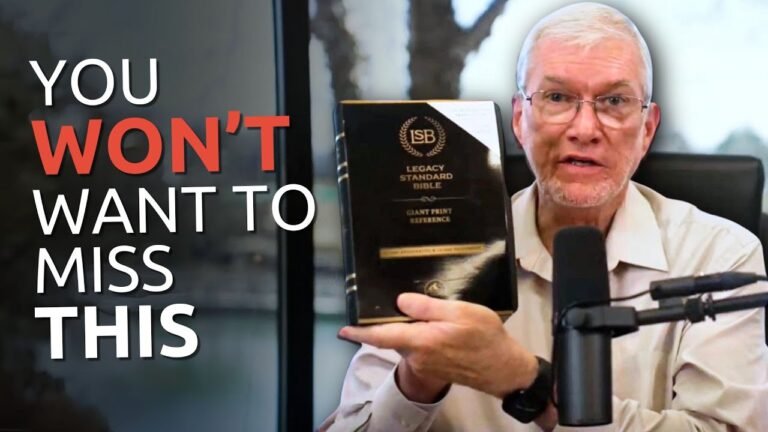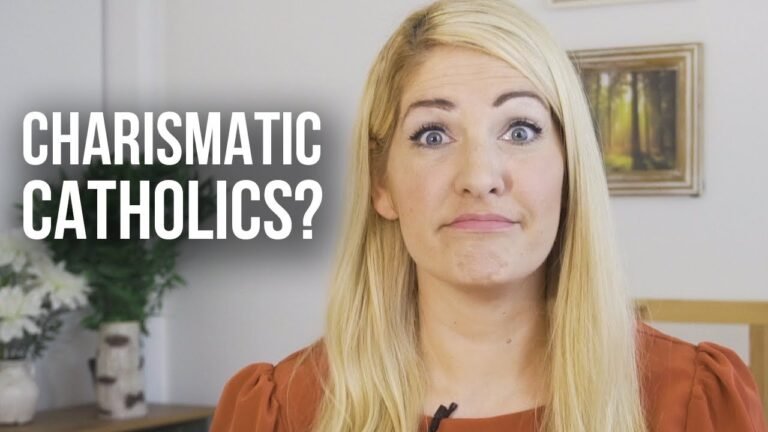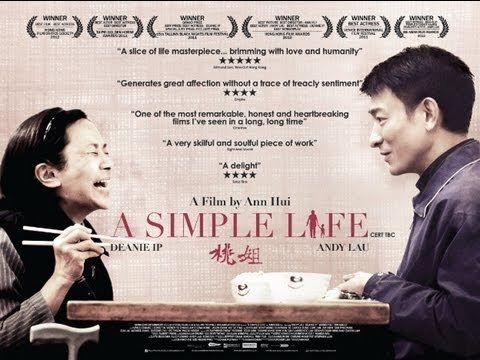Understanding the Practice of Casting Lots
Casting lots is an ancient practice that involves making decisions or determining outcomes through random selection, often using objects like stones or sticks. This method has been utilized across various cultures and religions throughout history, serving as a means of divine guidance or chance. In an era where choices abound, understanding the significance and history of casting lots sheds light on how this seemingly simple act has influenced decision-making and fate in both personal and communal contexts. Discover the intriguing world of casting lots and its enduring relevance in modern society.
Is casting lots equivalent to gambling?
Casting lots and gambling share a common element of randomness, but their purposes diverge significantly. While gambling thrives on the thrill of winning money and often leads to financial risk, casting lots was traditionally employed as a means of seeking divine guidance in decision-making. This ancient practice reflects a quest for spiritual insight rather than the pursuit of profit, highlighting a fundamental distinction between the two activities.
Is casting lots similar to voting?
The connection between casting lots and voting reveals a fascinating evolution in decision-making practices throughout history. Both methods serve as democratic tools, allowing individuals to express their choices and influence outcomes. While casting lots was often used in ancient times to settle disputes or select leaders, modern voting has adapted this concept into a structured electoral process.
Interestingly, the term “ballot” traces its roots back to the Italian word “ballotte,” which referred to the small balls used in the casting lots tradition. This historical link highlights how the essence of random selection has transformed into a more systematic approach to democratic participation. By employing ballots, voters engage in a process that mirrors the randomness and impartiality once sought through casting lots.
Today, when we cast our votes, we participate in a ritual deeply rooted in the principles of fairness and equality. The evolution from lot-casting to ballot-casting illustrates the ongoing quest for a more refined and representative method of collective decision-making. In essence, both practices embody the spirit of community involvement, reflecting humanity’s enduring pursuit of justice and representation.
What is the meaning of casting lots in Acts Chapter 1?
In Acts Chapter 1, casting lots serves as a significant method for discerning God’s will among the early believers. This ancient practice, deeply rooted in Israel’s traditions, reflects a reverent approach to decision-making, distinct from mere chance or superstition. Rather than relying on random chance, the casting of lots was seen as a divinely guided process, reminiscent of the Urim and Thummim used by the high priest, which emphasized the community’s desire to align their choices with God’s purpose. This moment underscores the importance of seeking divine guidance in leadership and direction within the faith.
Discovering the Ancient Method of Decision-Making
In a world dominated by rapid technological advancements, the ancient art of decision-making offers a refreshing perspective on how we approach choices today. Rooted in philosophical traditions and time-tested practices, this method emphasizes introspection and deliberation over impulsive reactions. By examining historical frameworks, we can uncover valuable insights that guide us toward more thoughtful and meaningful decisions.
Central to this ancient approach is the practice of contemplation, which encourages individuals to pause and reflect before taking action. By creating space for mindfulness, we allow ourselves to weigh the consequences of our choices carefully. This method not only fosters clarity but also cultivates a deeper understanding of our values and priorities, ultimately leading to outcomes that resonate with our true selves.
As we navigate the complexities of modern life, integrating these timeless decision-making principles can enhance our personal and professional lives. By embracing the wisdom of the past, we can develop a more grounded approach to decision-making that prioritizes long-term fulfillment over short-term gains. In doing so, we empower ourselves to make choices that align with our authentic selves, paving the way for a more intentional and enriched existence.
The Role of Chance in Spiritual Guidance
Chance plays a pivotal role in spiritual guidance, often weaving unexpected connections that lead us to profound insights. Moments of serendipity can bring forth encounters or experiences that challenge our beliefs and expand our understanding of the universe. These seemingly random events serve as gentle nudges from a higher power, encouraging us to reflect on our path and embrace the lessons they offer. By remaining open to the possibilities of chance, we can discover new dimensions of our spiritual journey, recognizing that the universe often has a way of guiding us when we least expect it.
Insights into Historical Lot Casting Traditions
Throughout history, lot casting has served as a pivotal method for decision-making, reflecting cultural beliefs and practices across various societies. This ancient tradition, often linked to divination, involved the casting of lots or random objects to reveal divine guidance or fate. From the ancient Greeks, who utilized casting lots to determine political leaders, to the Japanese, where the practice is still seen in Shinto rituals, lot casting has been an intriguing intersection of chance and spirituality.
As societies evolved, so did the methods and meanings behind lot casting. In medieval Europe, the practice became associated with games of chance and lotteries, often used to raise funds for public projects. This transformation highlighted a shift from spiritual guidance to a more secular interpretation, demonstrating how cultural contexts can reshape traditional practices. The interplay of luck and choice in these scenarios not only influenced the social fabric of the times but also laid the groundwork for modern concepts of randomness and chance in decision-making.
Today, while lot casting is less common in its historical forms, its influence persists in various aspects of contemporary culture. The principles behind casting lots can be seen in modern decision-making processes, from simple games to complex algorithms that govern technology. By examining these historical traditions, we gain valuable insights into how humanity has navigated uncertainty and sought clarity, revealing a timeless quest for understanding and direction that resonates across generations.
Navigating Choices: A Look at Random Selection
In a world brimming with options, the act of choosing can often feel overwhelming, leading many to overlook the power of random selection. Embracing randomness allows us to break free from analysis paralysis, opening doors to unexpected experiences and opportunities we might otherwise miss. By relinquishing control and allowing chance to guide our decisions, we can discover new paths, challenge our preferences, and enrich our lives in ways we never imagined. Ultimately, navigating choices through randomness not only simplifies decision-making but also fosters a spirit of adventure and spontaneity that can lead to delightful surprises.
Casting lots, with its ancient roots and diverse applications, continues to intrigue and engage individuals seeking guidance or making decisions. Whether used in religious contexts, community decisions, or modern games, this practice embodies a unique blend of chance and intention. As we explore its significance across cultures and eras, we find that casting lots is more than a mere method of decision-making; it reflects humanity’s enduring quest for clarity and direction in an unpredictable world.







